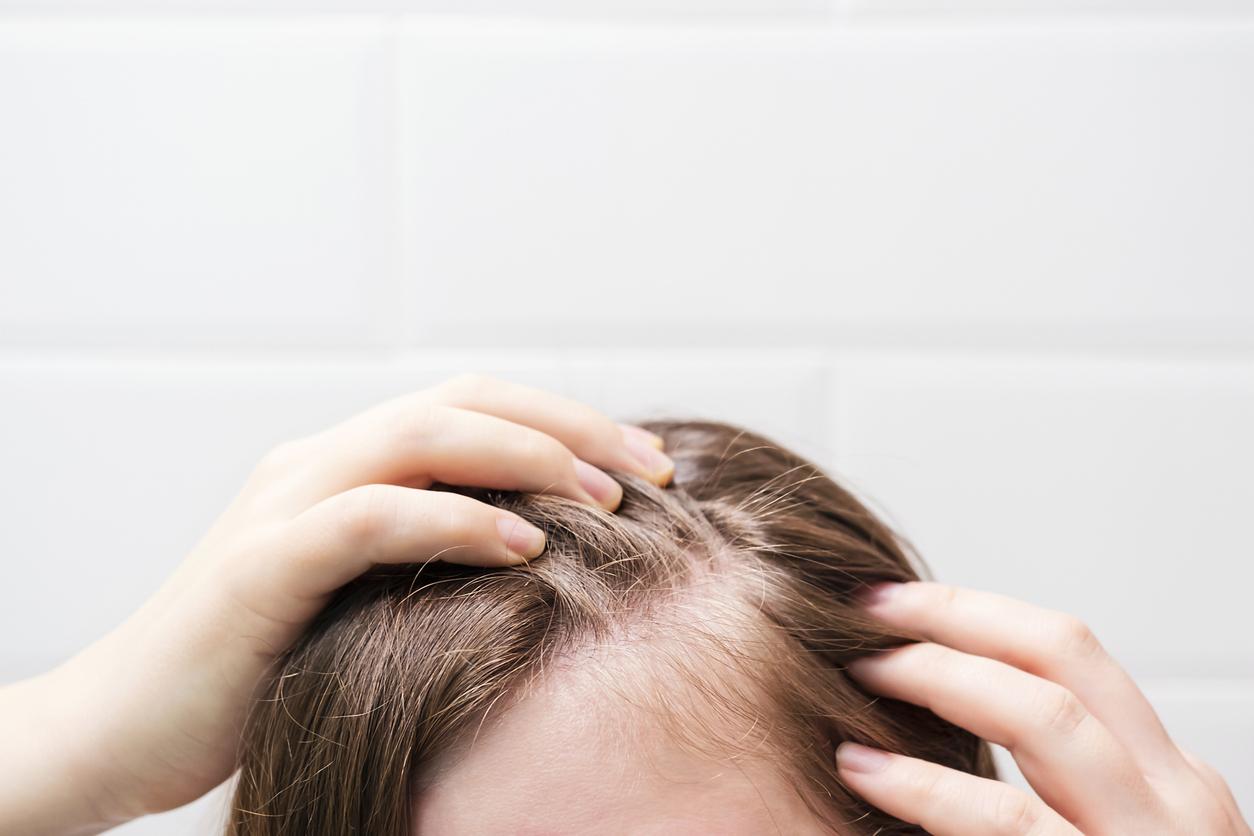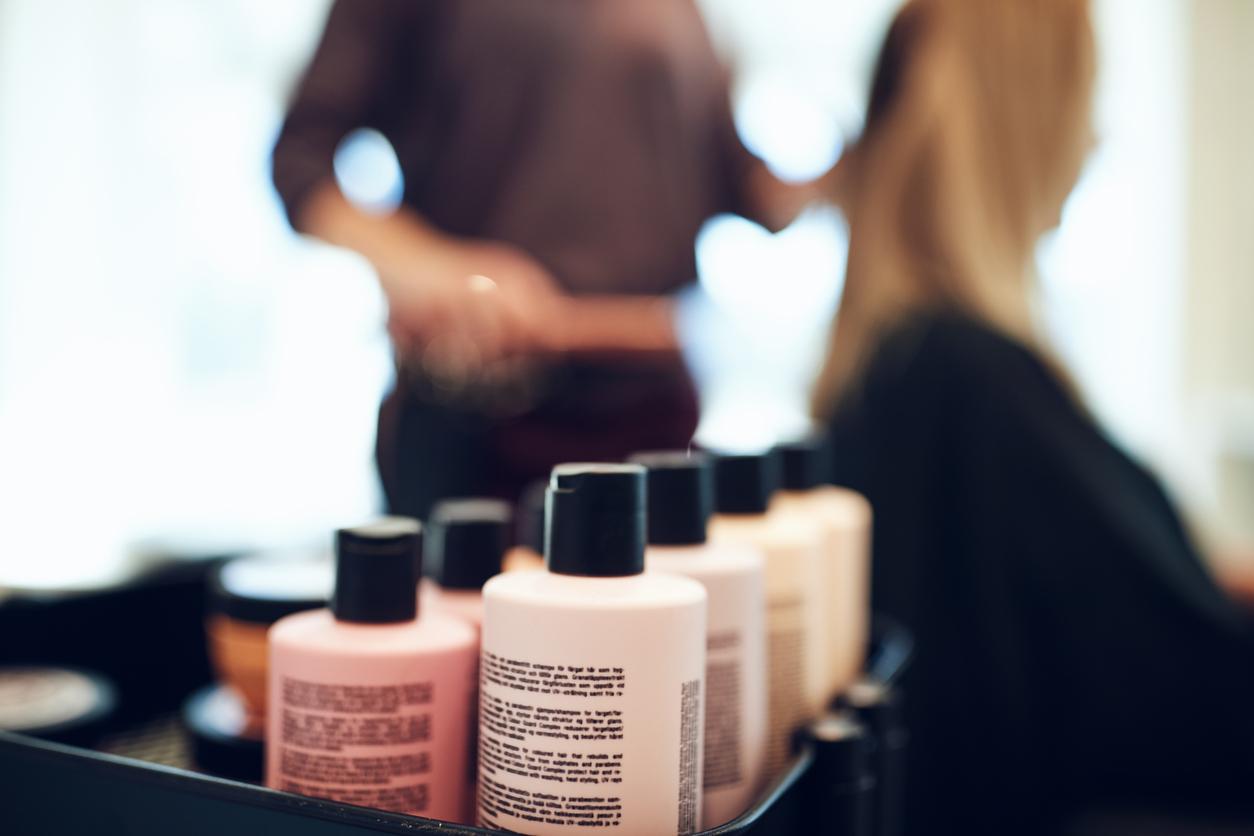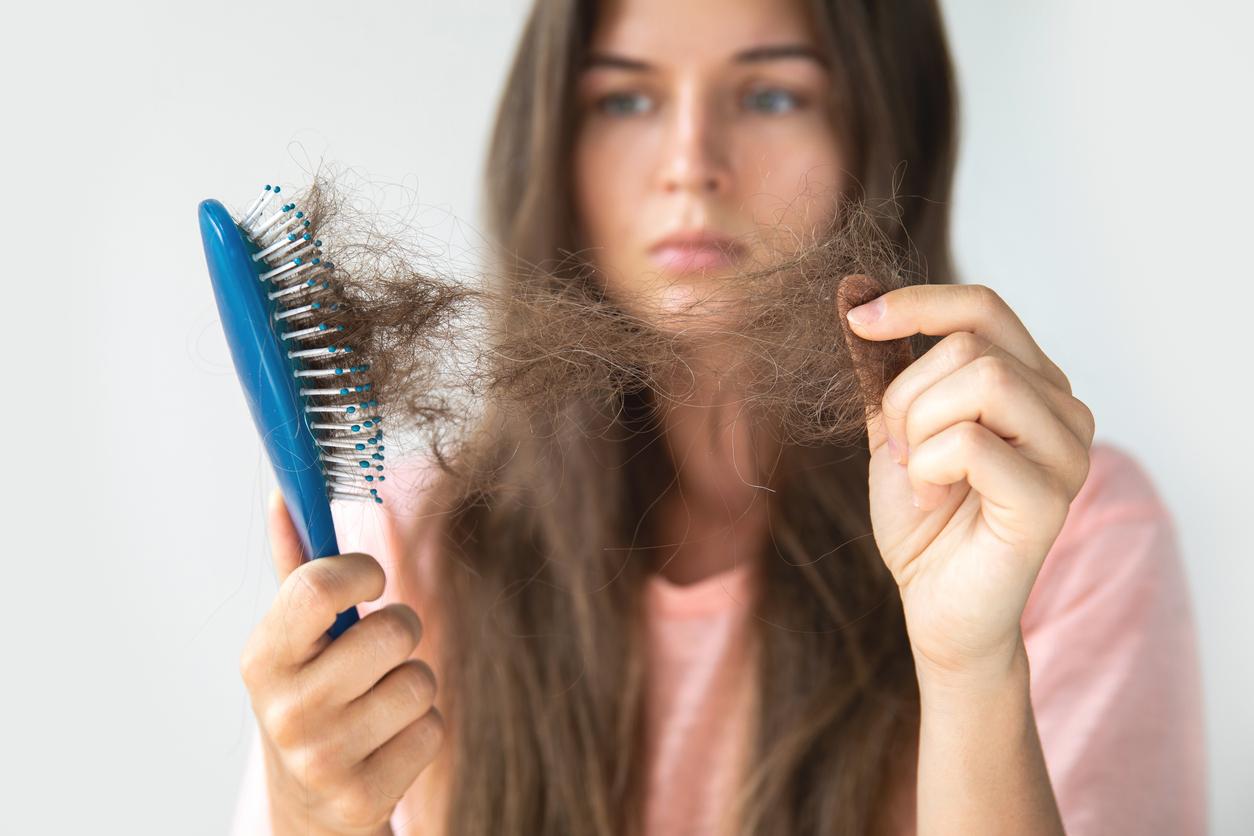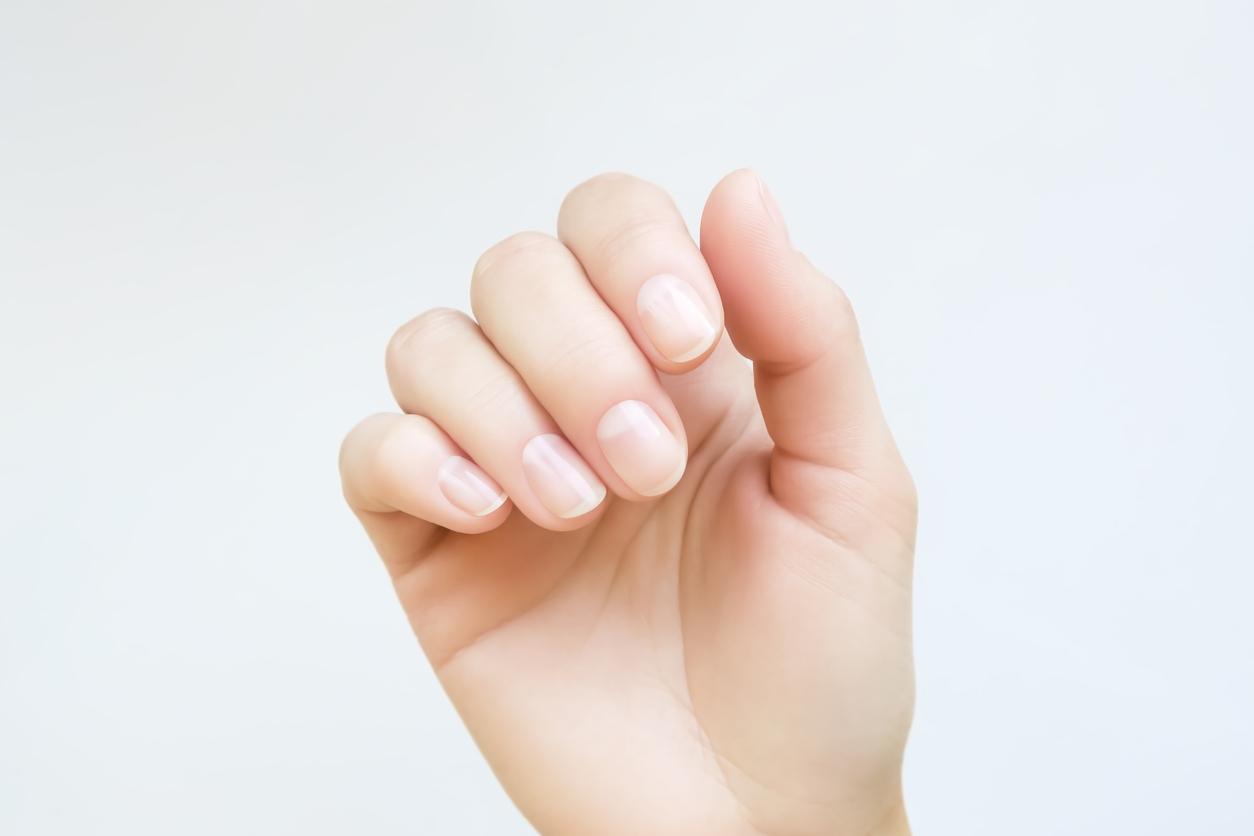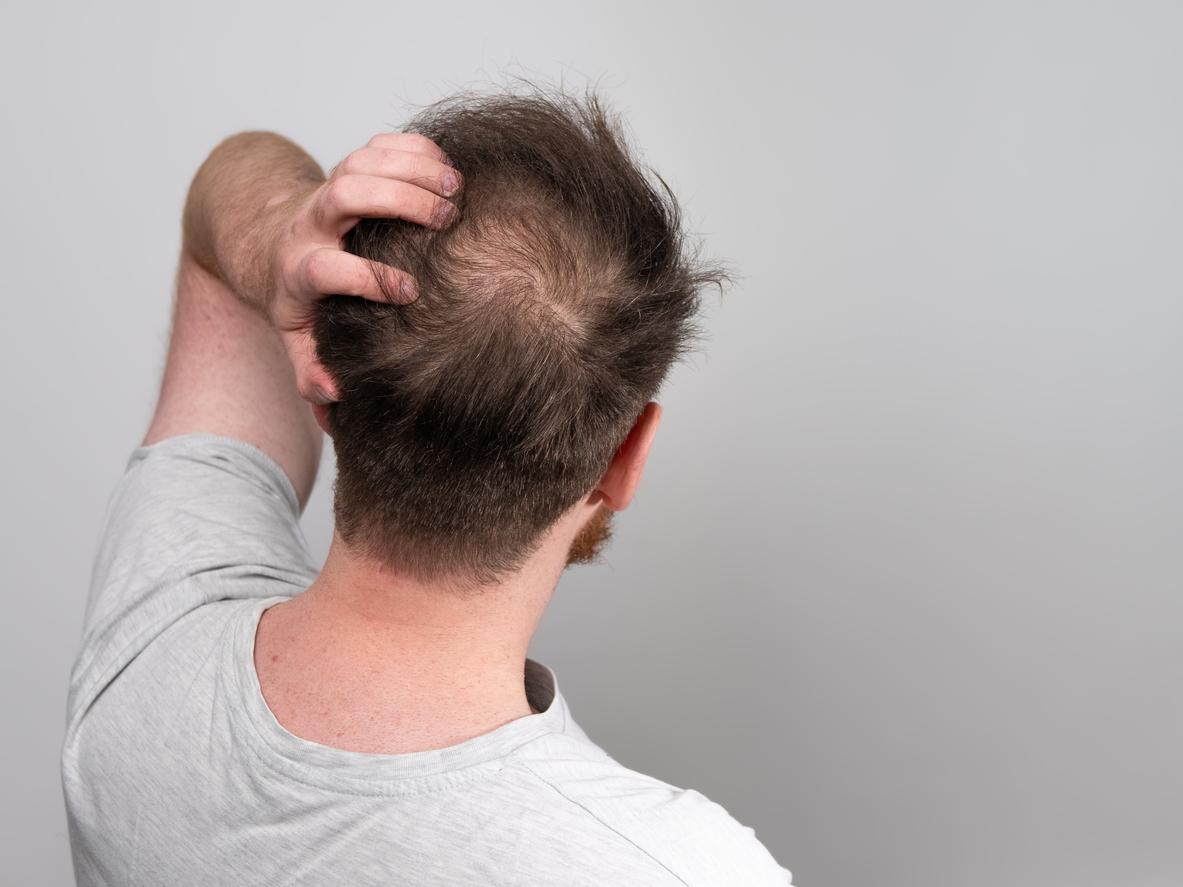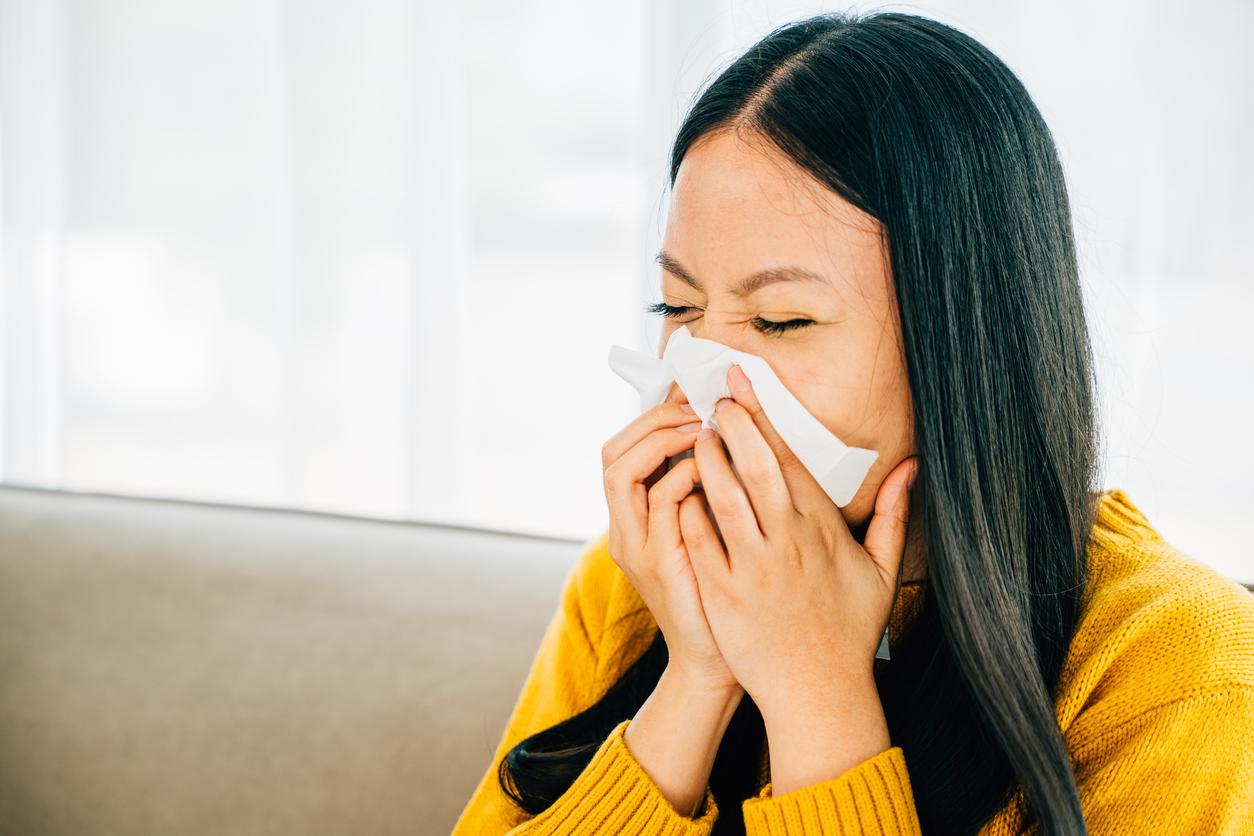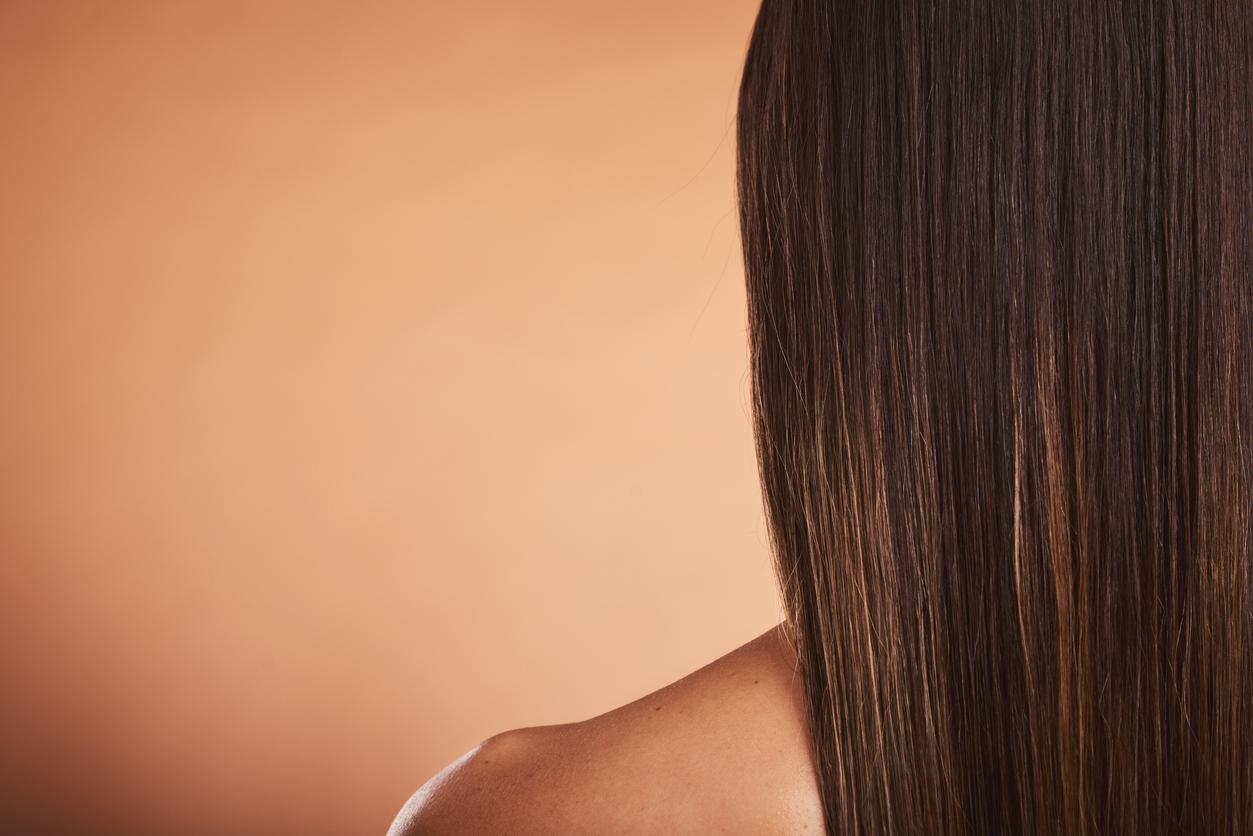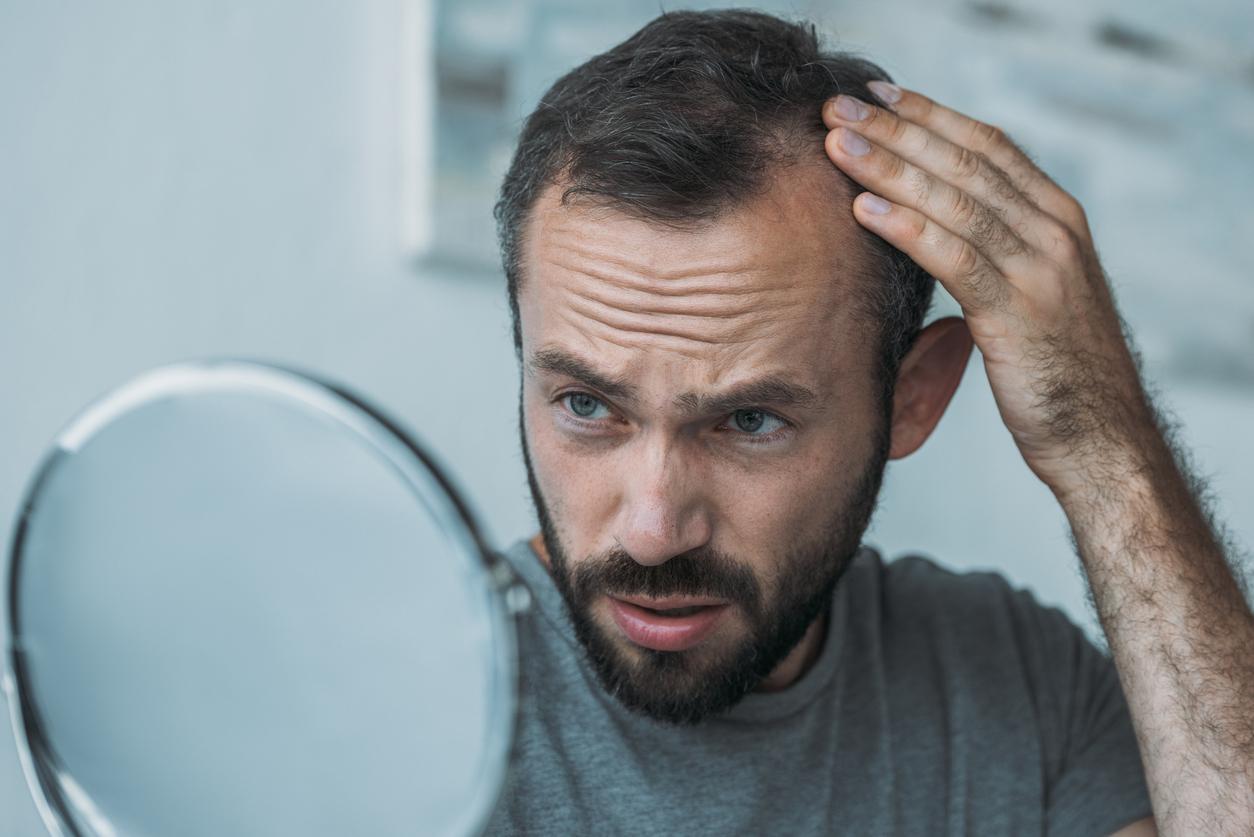According to the American startup Hairstory, shampoos sold in stores are “monstrous detergents” which dramatically damage the bacterial flora of the scalp. We explain why.

“Most shampoos use ingredients that are also present in the products you use to clean your car or your dishes.”. This is the worrying observation of Eli Halliwell, creator of the American startup Hairstory which offers consumers a detergent-free and foam-free product for their hair in order to wash them while protecting their bacterial flora.
Because today, the shampoos sold in the trade are “monstrous detergents”, assures Halliwell. “They are perfect for hospital rooms or operating theaters – places where you absolutely want everything to be as clean as possible – but much less for your shower,” he explains to the site. Fast Company.
Indeed, your shampoo foams, because it is composed of surfactants such as sodium laureth sulfate, destroys the natural oils supposed to protect your scalp. Race result: your body defends itself by secreting more sebum. “It’s a vicious cycle: the more you wash, the more sebum your body produces and the more you feel the need to wash yourself,” argues Halliwell. Therefore, it is recommended not to wash your hair more than twice a week.
Certain chemical compounds that are probably carcinogenic
On the Hairstory website, we can also read that there are “so many shampoos on the market for all types of hair imaginable” because “more products on offer” means “more income for businesses”. In addition, remember that conventional shampoos can cause irritation and allergies in consumers. Worse: some of their chemical compounds, such as 1,4-dioxane, have been classified as probable carcinogens by the United States Environmental Protection Agency, says Fast Company.
This is why, today, Hairstory wishes to revolutionize consumer habits with its “make-up removers” for hair. These are composed of essential oils known for their regenerating properties such as jojoba or peppermint oil. The goal is to remove dirt from the hair while moisturizing it.
But if many users report having “less fragile and split hair”, Internet users say they had the feeling of not having washed their hair properly and of having come out of the shower with an unpleasant oily sensation. Halliwell of course encourages them to override this immediate sensation to see the long term benefits.
Lots of soft, inexpensive alternatives
There are many gentle alternatives that will neither harm the bacterial flora of the scalp nor your wallet. Many stores now offer organic and sulfate-free shampoos at reasonable prices (there are from 3 euros). The latter are therefore free of all chemical components. In addition to not irritating you and not introducing chemicals into your blood, organic shampoo is also better for the environment since it is generally not tested on animals and its packaging is recyclable.
Faced with the multitude of possibilities available to you, choose brands that have a short list of ingredients. Because, you will understand, a shampoo does not need many substances to be effective, quite the contrary. The first four components are the most important and most present in the product. Also choose the “Nature et Progrès” label, more serious than a simple “ecological” or “organic” designation.
Finally, for those who wish to go even further, you can always opt for a homemade production based on coconut milk, aloe vera gel, honey or eggs. Many tutorials exist to explain the procedure to you.
.









